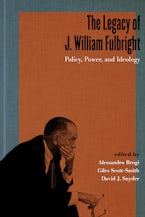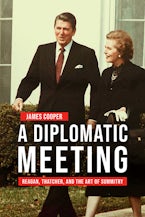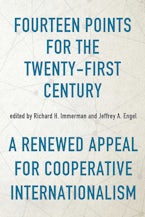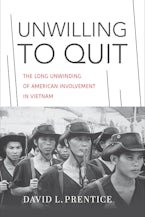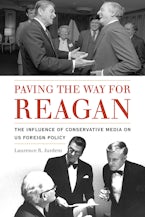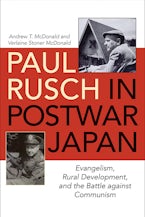This insightful collection of essays details the political life of one of the most prominent and gifted American statesmen of the twentieth century. From his early training in international law to his five terms in the US Senate, J. William Fulbright (1905–1995) had a profound influence on US foreign policy, and his vision for mutual understanding shaped the extraordinary exchange program bearing his name.
As a senator for Arkansas for thirty years and the longest serving chair of the Senate Foreign Relations Committee, Fulbright was one of the most influential figures of United States politics. His criticism of US involvement in Vietnam exemplified his belief in the effective management of international norms by international organizations—including the United Nations, which was the subject of his first bill in Congress. Yet alongside his commitments to liberal internationalism and multilateral governance, Fulbright was a southern politician who embraced the interests of the region's conservative white population. This juxtaposition of biased and broad-minded objectives shows a divide at the center of Fulbright's vision, which still has consequences for America's global policies today.
This multidimensional volume covers Fulbright's development as a national and global voice on foreign relations, as he wrestled with the political controversies of the US South during the civil rights movement, worked with and challenged executive power, and shaped the Fulbright program for educational exchange.
